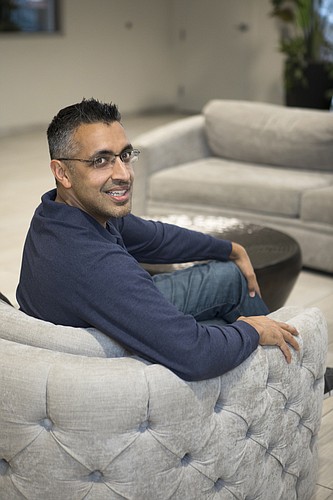- December 13, 2025
-
-
Loading

Loading

What does a company formed to buy and turn around distressed commercial real estate properties do when there are few such properties to be had?
It’s a question the principals at Convergent Capital Partners have been asking a lot of late, as commercial real estate values have soared and turnaround prospects have dimmed.